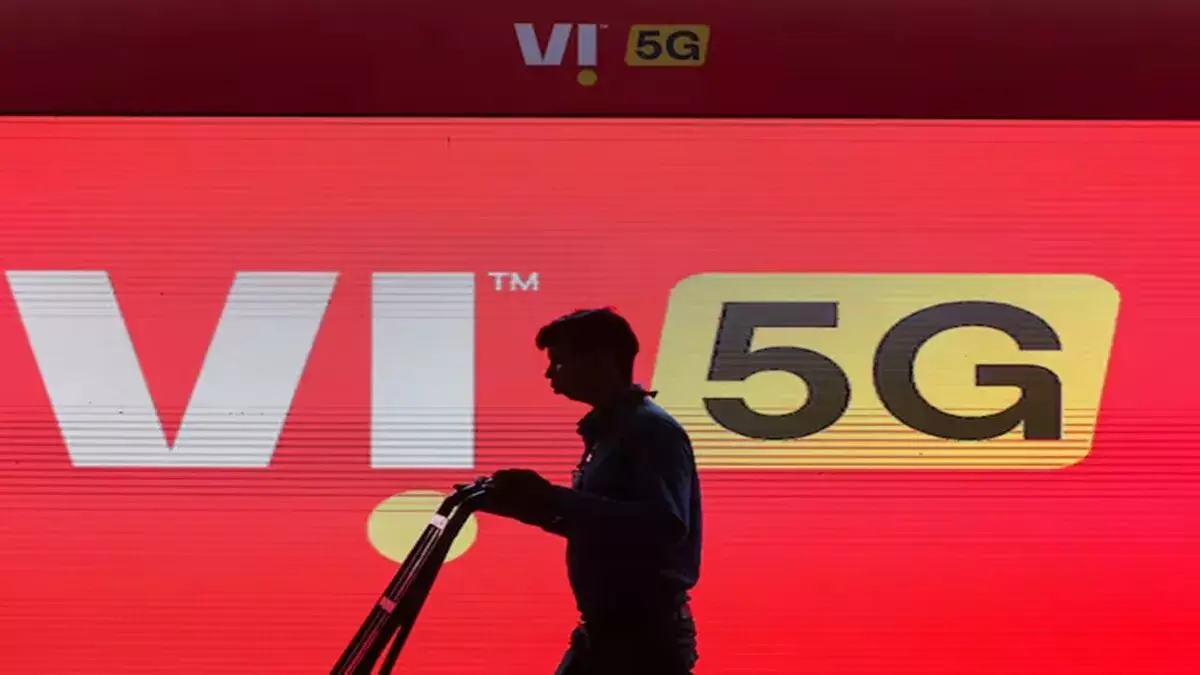Vodafone Idea in Crisis: Supreme Court's Decision and Its Impact on the Telecom Sector

Vodafone Idea's Ongoing Struggles,Vodafone Idea, a major player in India's telecommunications sector, has been facing severe financial challenges. Recently, the Supreme Court rejected its plea for relief regarding its adjusted gross revenue (AGR) dues, totaling around ₹45,457 crore. This decision has sent shockwaves through the industry, raising concerns about the future of Vodafone Idea and the broader implications for telecom competition in India.
The Supreme Court's Stance
The Supreme Court's refusal to grant any relief underscores the gravity of the situation. The court termed the telecom companies' pleas as "misconceived" and stated that the telecom sector could not escape its financial obligations. This ruling follows a long-standing battle over AGR dues, with the telecom operators arguing that the financial burden resulting from interest and penalties is crippling. Vodafone Idea, which has already paid ₹8,000 crore of its dues, warns that without intervention, it may not sustain operations beyond FY26.
Financial Implications for Vodafone Idea
Vodafone Idea's total AGR liability as of March 31, 2025, stands at ₹83,400 crore. This amount includes significant penalties and interest, which the company argues are financially unsustainable. The telco has requested a waiver of these compounded charges and proposed a plan to pay the principal amount over 20 years, with a five-year moratorium. As someone who has followed this saga, I find it troubling to see a once-reliable operator potentially on the brink of collapse.
Industry Reactions and Competitor Movements
The telecom landscape is shifting, with Bharti Airtel and Tata Teleservices also seeking relief from their respective AGR dues. Bharti Airtel has approached the Supreme Court for a waiver of ₹34,745 crore, highlighting the financial strain from penalties and interest charges. Such developments could lead to a duopoly in the Indian telecom market, which may stifle competition and ultimately harm consumers. The government’s decision to convert part of Vodafone Idea’s dues into equity has already raised eyebrows, and similar moves for Bharti Airtel could further complicate matters.
Looking Ahead: What’s Next?
As we approach the end of the government’s four-year moratorium on AGR payments in October 2025, both Vodafone Idea and Bharti Airtel must prepare for hefty annual payments that could range from ₹18,000 to ₹20,000 crore each. Analysts predict that, without significant relief, Vodafone Idea might face a financial crisis as early as the second half of FY26. The situation is precarious, and the outcomes of these legal battles will shape the future of India’s telecom sector.
The reliance on the judiciary to resolve these financial disputes places the future of Vodafone Idea—and possibly the entire sector—at risk. As stakeholders in the telecom industry, we must advocate for balanced solutions that ensure financial stability while fostering competition. It’s a critical time for all parties involved, and the decisions made in the coming months will have lasting impacts on the landscape of telecommunications in India.
